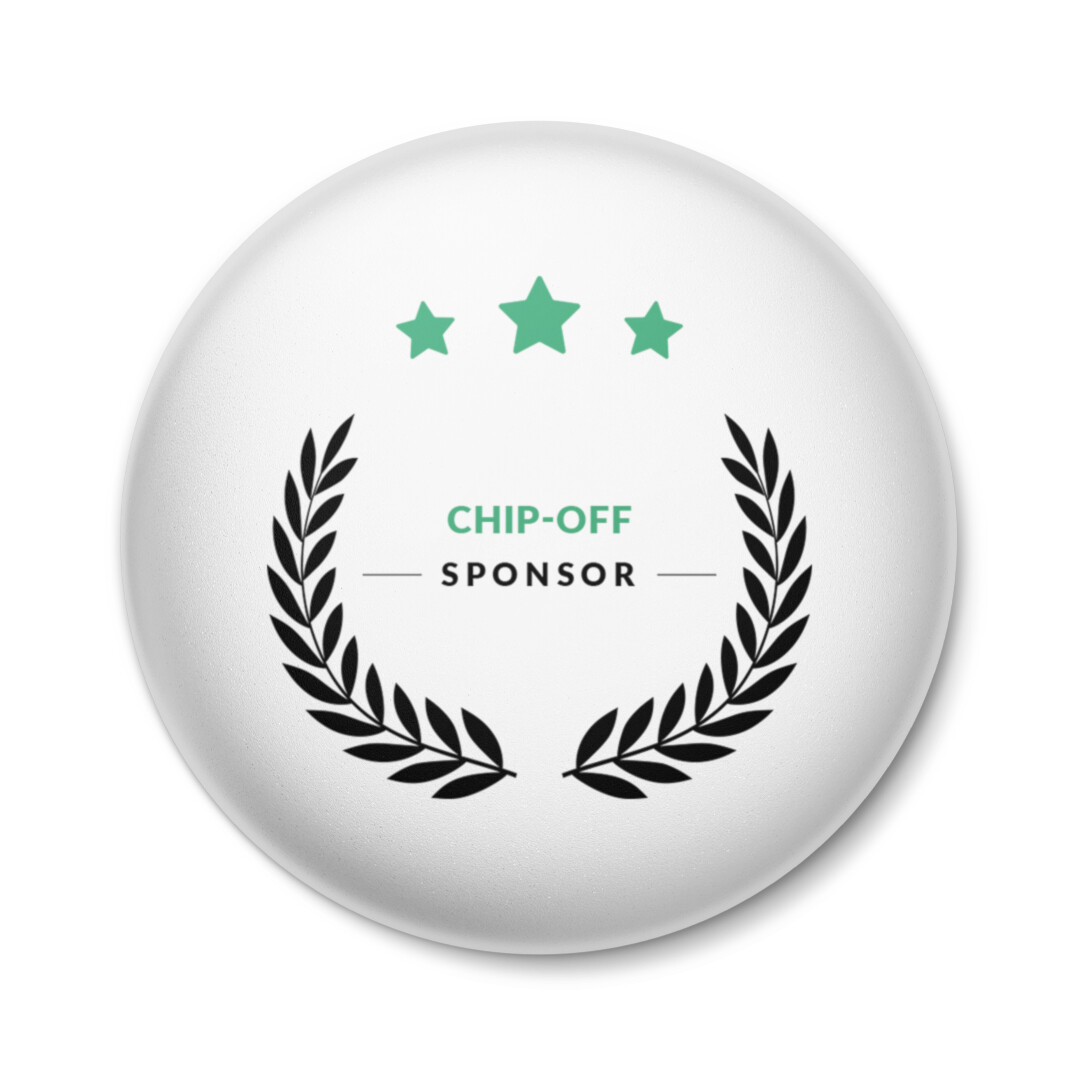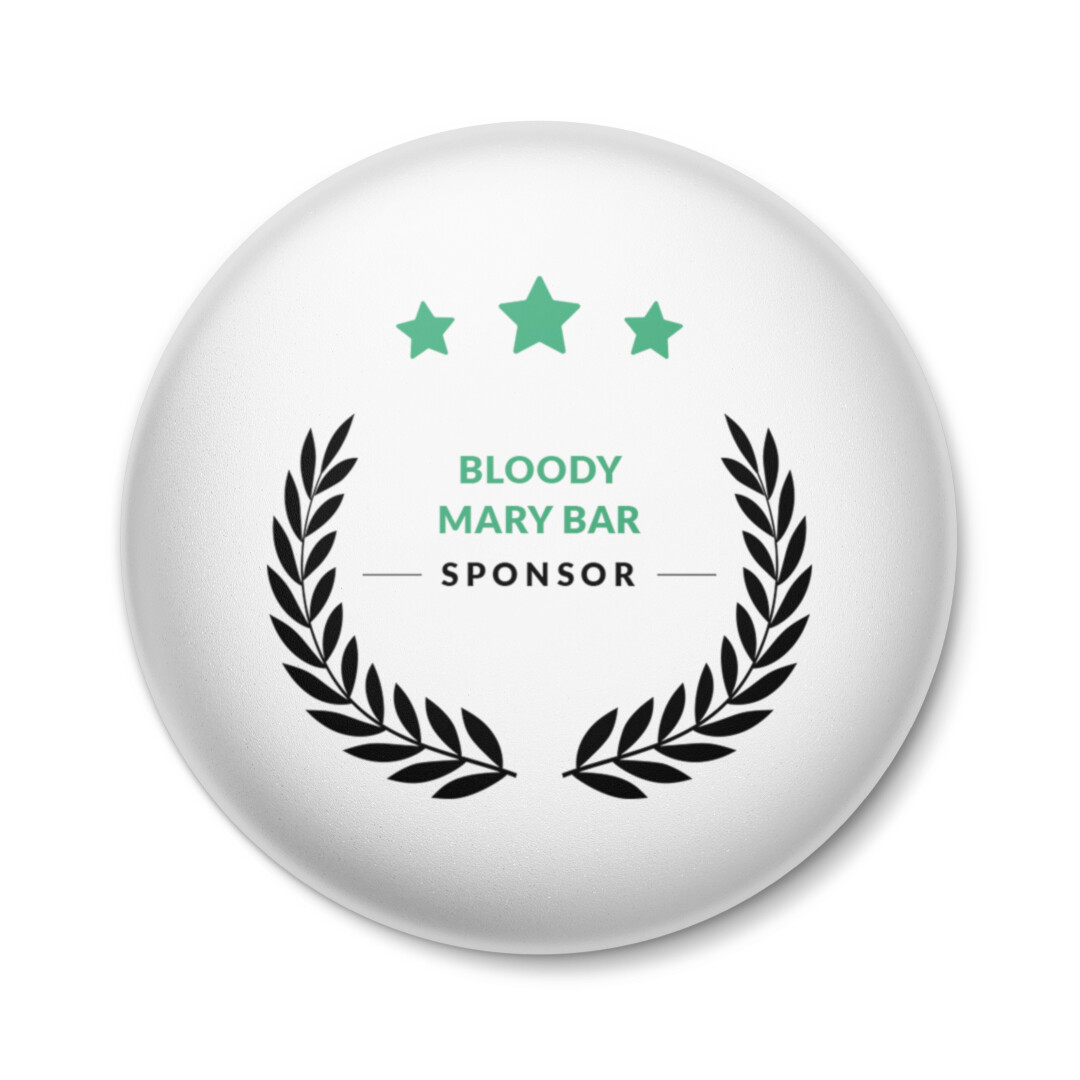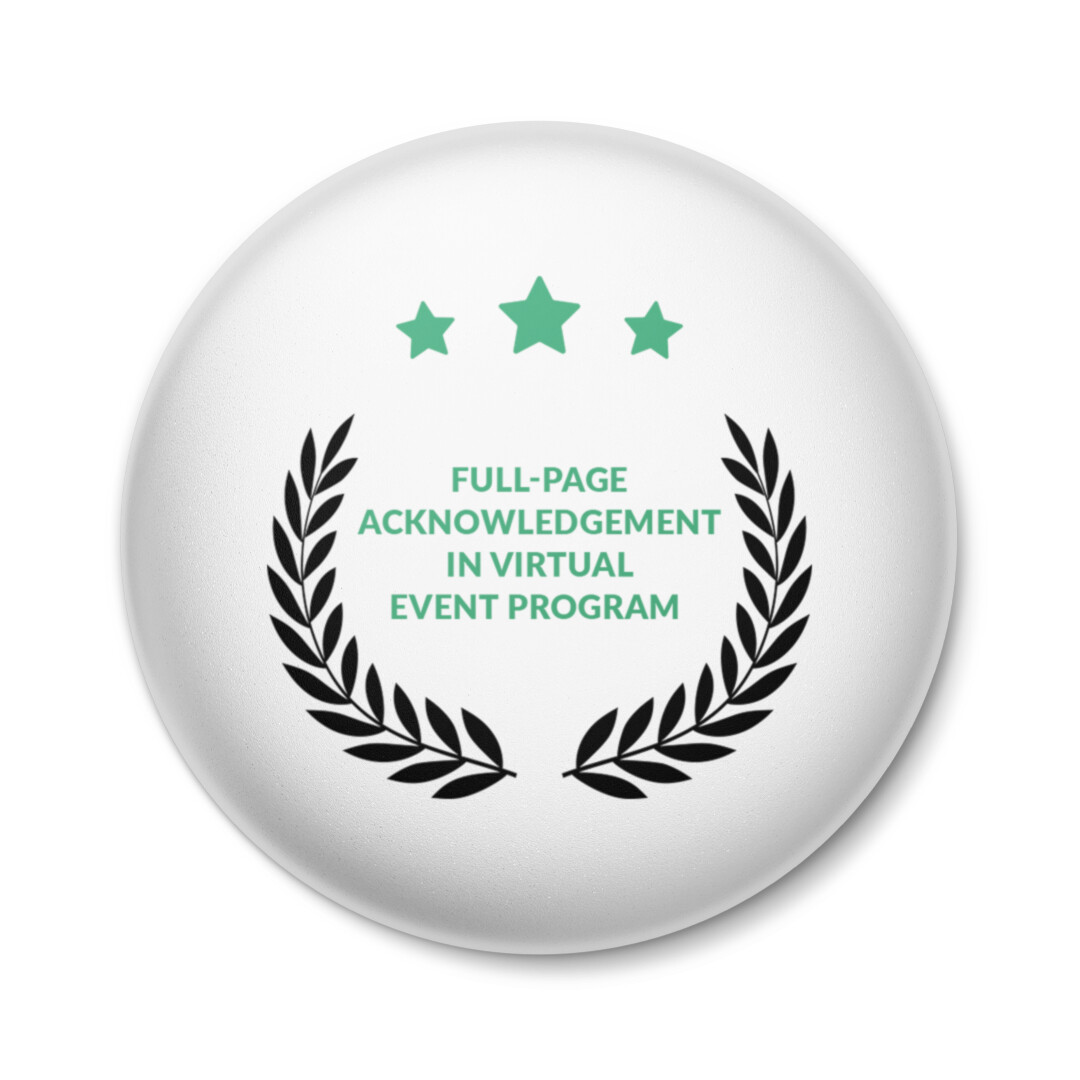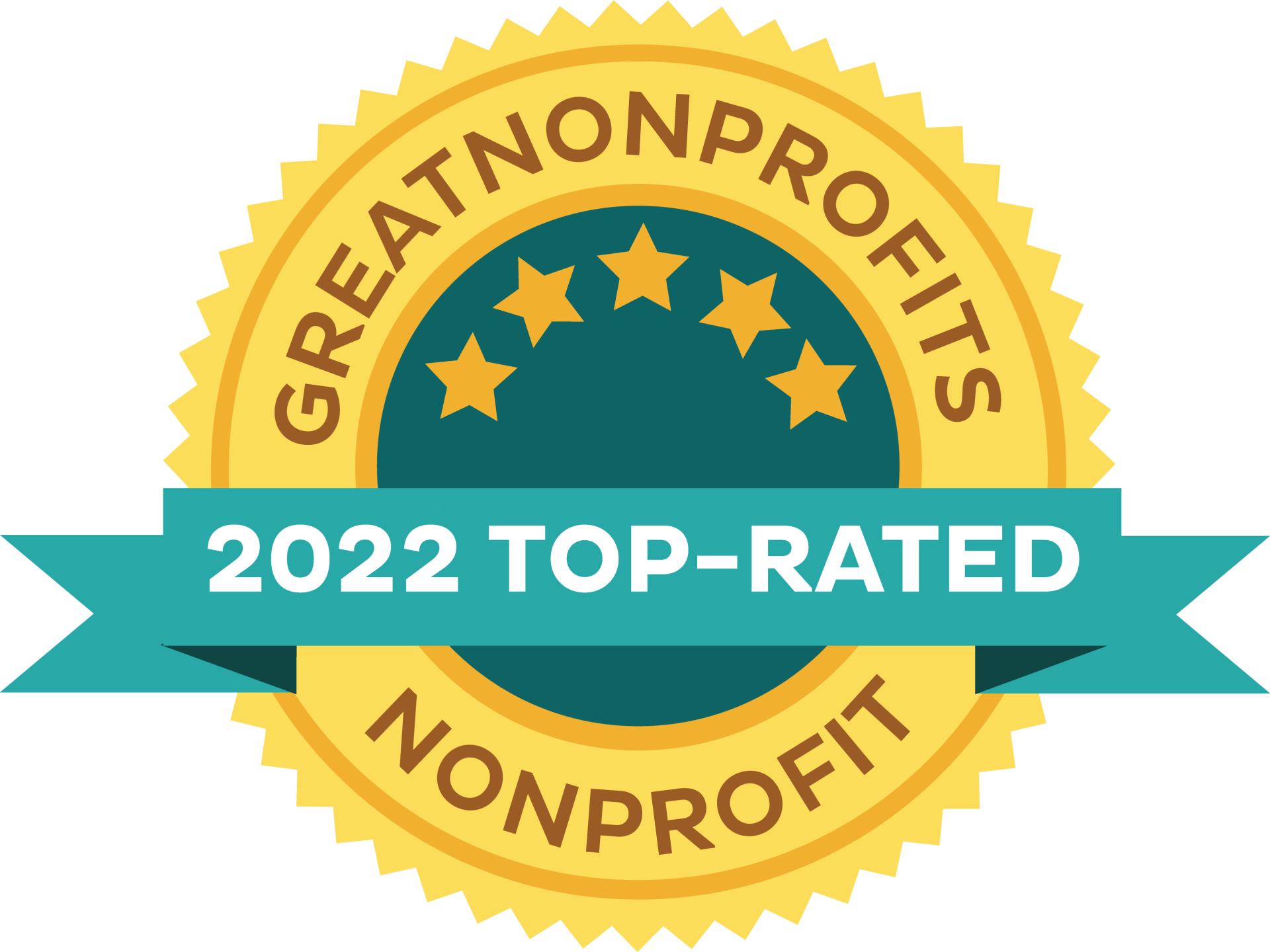Drive for Diagnosis 2024 Golf Classic
(Golf Sponsorships SOLD OUT. Wait list only)
To benefit the CSNK2A1 Foundation & TGEN’s CENTER FOR RARE CHILDHOOD DISORDERS in their collaborative efforts to diagnosis and find a cure for Okur-Chung Neurodevelopmental Syndrome
THANK YOU TO OUR GOLF CLASSIC TITLE SPONSOR

Monday - April 15, 2024
El Caballero Country Club
Tarzana, California
Tournament Schedule
Monday, April 15, 2024
El Caballero Country Club
18300 Tarzana Avenue
Tarzana, CA 91356
(818) 654-3092
9:00 AM-11:00 AM
Registration
Breakfast & Bloody Mary Bar
Massages
Smoothie/Coffee Bar
Chipping Contest
Driving Range Opens
11:00 AM
Shotgun Start
Four Person Team
Modified Best Ball Format
Exciting contests, food & drinks await you!
4:30 PM-6:30 PM
Hosted Bar
Heavy Appetizers
Team/Contest Winners Presentation
Live Auction
Super Silent Auction
Lucky few to chip for $$$$
Opportunity Board prizes
GOLF Sponsorship OPPORTUNITIES
-
Title Sponsor
SKU 00073Out of StockButton -
Presenting Sponsor
SKU 00074Out of StockButton -
Major Tee Gift Sponsor
SKU 00077Out of StockButton -
Caddie Sponsor
SKU 00078Out of StockButton -
Awards Dinner Sponsor
SKU 00079Out of StockButton -
Sign Sponsor
SKU 00081Out of StockButton -
Golf Cart Sponsor
SKU 00082Out of StockButton -
Executive Sponsor
SKU 00084Out of StockButton -
Beverage Sponsor
SKU 00085Out of StockButton -
Contest Sponsor
SKU 00086Out of StockButton -
Individual Sponsorships
SKU 00100Out of StockButton
Non-Golf Sponsorship OPPORTUNITIES
-
Massage Therapist Sponsor
SKU 00089$2,000.00Buy Now -
Golf Ball Sponsor
SKU 00096Out of StockButton -
Chip-Off Sponsor
SKU 00097$2,000.00Buy Now -
Photography Sponsor
SKU 00098$2,000.00Buy Now -
Golf Ball Launcher Sponsor
SKU 00099Out of StockButton -
Tee Box Sponsor
SKU 00106$1,500.00Buy Now -
Smoothie/Iced Coffee Truck Sponsor
SKU 00107$1,500.00Buy Now -
Cigar Sponsor
SKU 00108Out of StockButton -
“Lowkey Burrito” Breakfast
SKU 00109Out of StockButton -
Bloody Mary Bar Sponsor
SKU 00110Out of StockButton -
On Course Hosted Bar Sponsor
SKU 00111Out of StockButton -
Beat the Pro on a 3-Par
SKU 00112Out of StockButton -
Hole in One Sponsor
SKU 00113$750.00Buy Now -
Tee/Green Sponsor
SKU 00114$350.00Buy Now -
Full-page Acknowledgement in Virtual Event Program
SKU 00115$350.00Buy Now
How it all began.
OCNDS is an ultra-rare genetic syndrome first identified in 2016. Doctors believe that OCNDS affects thousands; however, to date, over 200 people have been diagnosed worldwide. And in 2016, there were only 5 known patients worldwide. There was no foundation, no website, no community, no information, and no OCNDS research being conducted.
In 2018, Jennifer and Jason Sills launched the CSNK2A1 Foundation to fund research to find a treatment and cure for OCNDS, and to provide a place for families to turn for information and support. Their daughter was the 6th in the world to be diagnosed with OCNDS.
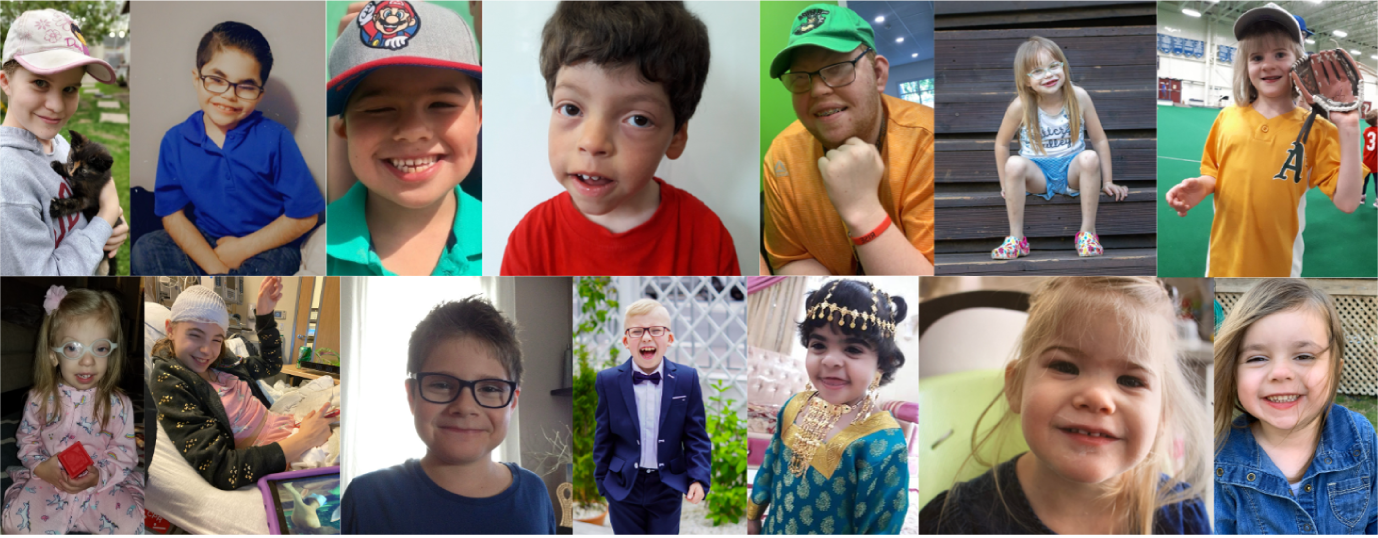
What causes OCNDS?
Okur-Chung Neurodevelopmental Syndrome (OCNDS) is caused by a mutation on the CSNK2A1 gene. OCNDS is characterized by severe speech delay or inability to speak, global developmental delay, epilepsy, autism spectrum disorder traits, behavioral challenges, and feeding difficulty. Those living with OCNDS have many daily challenges such as swallowing, toileting, dressing, putting on a seatbelt, and making friends. Their days can consist of hours of different types of interventions including speech therapy, occupational therapy, feeding therapy, and physical therapy. Parents and caregivers of OCNDS patients have assumed roles they never imagined. They are advocates, nurses, champions, therapists, fundraisers, researchers, trailblazers, teachers, and paperwork experts.
Why does funding OCNDS research matter?
The gene CSNK2A1 creates a protein called CK2. CK2 is found in all human cells. In patients with OCNDS, this protein is disrupted. We are studying how to restore CK2 functionality in OCNDS patients. CK2 is a potential therapeutic target for many diverse human diseases. A scientific breakthrough for those living with OCNDS may also help millions impacted by various other diseases. CK2 is studied in connection with Parkinson’s, Alzheimer’s, autism, COVID-19, inflammatory diseases, ALS, cystic fibrosis, and cancer.
TGEN Collaboration
The Translational Genomics Research Institute (TGen), part of City of Hope, is a nonprofit biomedical research organization where scientists conduct groundbreaking research with lifechanging results. Within its Center for Rare Childhood Disorders (the Center), our faculty decipher a patient’s genome to generate essential information on that patient’s genetic makeup to help physicians diagnose and treat a host or rare conditions. The information also provides families with a clear diagnosis, which helps reduce the stress and uncertainty that often accompanies undiagnosed diseases and disorders.
In 2019, the Center established the CSNK2A1 Foundation Research Program to accelerate progress toward a treatment and/or a cure for OCNDS. Led by its scientific director, Matt Huentelman, Ph.D., and medical director, Vinodh Narayanan, M.D., the Center’s collaboration with CSNK2A1 Foundation seeks to develop experiments in a controlled environment, like a test tube or petri dish, that mimic OCNDS. This gives researchers a tool to better understand the progression of OCNDS at the cellular level, as well as guide the development of potential therapies.
Your donation dollars at work.
We have assembled a team of scientists spanning the globe, many of whom worked on CSNK2A1 before it was associated with OCNDS. They are sharing data, collaborating, publishing together and meeting once a quarter at our Scientific Roundtable to accelerate the path to treatment. There is potential for treatment that removes the effect of the genetic mutations on CSNK2A1. We partnered with Unravel Biosciences, a state-ofthe-art Biotech company formed by two former Wyss Institute at Harvard University scientists. Using proprietary AI, they identified several FDA-approved compounds which they are testing on preclinical models such as frogs and mice in preparation for clinical trial readiness.
This research has made it abundantly clear that a treatment is possible. In addition, until recently, we have run on the blood, sweat, and tears of our volunteers. With our donors' support, we hired a Science Program Director who is responsible for further developing and cultivating the Foundation’s research program.
THE IMPACT OF YOUR SUPPORT
$867K+
Raised from Drive for Diagnosis Golf Tournaments
$927K+
Research Grants Awarded
13
Grants Awarded
11+
Labs working on OCNDS/CSNK2A1
10
Quarterly Scientific Roundtables
4
Family Conferences (2 in-person & 2 virtual)
41
Family Support Meetings
3
Scientific Conferences (1 in-person & 2 virtually)
109
Individuals enrolled in the OCNDS Natural History Study
210+
Patients Worldwide
1
Biotech Partnership
22
Strategic Partners
Golf Committee
Event Chairs
Golf Committee
-
Erin Massey
ButtonTGen Foundation
-
Connor Hooper
ButtonTGen Foundation
-
Jason Sills
ButtonJ2 Properties, Inc.
-
J. Michael Grossman
ButtonChairman of the Board, Pinnacle Contracting Corporation
-
Mike Grossman
ButtonVice President, Pinnacle Contracting Corporation
-
Mike Greenfeld
ButtonCo-founder, Streamland Media
-
Avisha Patel
ButtonSenior Counsel, Southern California Gas Company
Joey Behrstock
Paradigm Gilbert
Tracy Phelps
Pinnacle Contracting Corporation
CSNK2A1 FOUNDATION
We are focused on finding a cure for Okur-Chung Neurodevelopmental Syndrome and ensuring affected individuals have the opportunities and supports necessary for happy and full lives. CSNK2A1 Foundation is operated and funded through a committed team of volunteers, advocates and researchers.
We are a 501(c)(3) non-profit organization. EIN #82-4220939.
© 2023 CSNK2A1 Foundation
1929 Van Ness Avenue
San Francisco, CA 94109
(415) 483-2488
DISCLAIMER
The information provided is not intended to be a substitute for professional medical advice, diagnosis or treatment. Never disregard professional medical advice, or delay in seeking it, because of something you have read on this website. Read more...
SIGN UP FOR OUR NEWSLETTER
Join our email list to stay up to date about OCNDS and the CSNK2A1 Foundation















